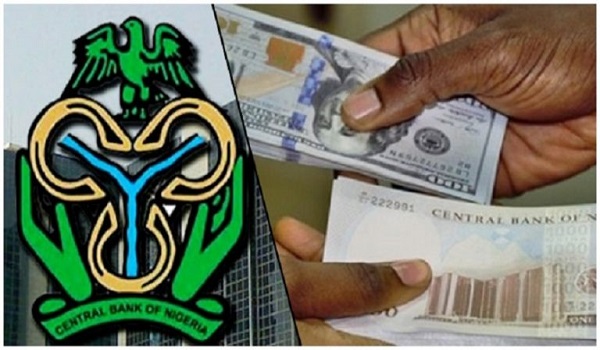Naira’s troubles will be significantly tackled when the Central Bank of Nigeria (CBN)-led Monetary Policy Committee (MPC) meets later this month, domestic and international watchers have predicted.
The MPC meeting, slated for February 26 and 27, 2024 will, among other things, discuss the way out of the inflation spike, exchange rate depreciation and injection of credit into key segments of the economy, are expected to top the meeting agenda.
Expected at the MPC meeting are members of the Committee of Governors led by CBN Governor, Olayemi Cardoso; Deputy Governor, Corporate Services Directorate, Dr. Bala M. Bello; Deputy Governor, Economic Policy Directorate, Mr. Muhammad Sani Abdullahi; Deputy Governor, Financial System Stability Directorate, Mr. Philip Ikeazor and Deputy Governor, Operations Directorate, Ms. Emem Usoro.
An economist and Managing Director, Financial Derivatives Company Limited, Bismarck Rewane, said all eyes were on the MPC to raise rates for naira’s correction.
He said: “The solution to the naira’s forex throes begins at the first MPC meeting since July 2023, scheduled for February 26-27. We expect a hawkish CBN, likely raising effective interest rates by 200 basis points to narrow the negative real rates of return, instill confidence and bring the forex markets to a correction,” said.
Rewane said the prevailing concern reverberating across the economy is the downward spiral of the exchange rate.
According to him, weakened naira will result in imported inflation and erode the purchasing power of consumers.
He explained that over the course of 10 days, the currency shed 10.78 per cent of its value against the dollar before appreciating to N1,440/$ (parallel market) on February 2.
But through a sequence of circulars and a change in the methodology for computing FX rates, the CBN has reinstated its commitment to encouraging transparency with market reflective rates, reducing forex demand pressures, lifting restrictions on international transactions and improving dollar liquidity.
Rewane said despite the gradual rebound of the naira, the markets still show signs of disequilibrium and unanchored exchange rate expectations.
The CBN removed the cap on the allowable limit of -2.5 percent to +2.5 percent around the previous day’s closing rate for the International Money Transfer Operators (IMTOs). This adjustment signifies a shift in the regulatory framework, providing IMTOs with more flexibility in determining exchange rates.
Chief Executive Officer, Centre for the Promotion of Private Enterprise (CPPE), Dr. Muda Yusuf, said the apex bank was on the right path on the dollar situation as its policy stance would help to check speculative activities of commercial banks.
“The step taken by the CBN is in the right direction. It would curb speculative activities by financial institutions in the foreign exchange market. The banks should normally be part of the solution, not part of the problem,” Yusuf said.
Head, Macro Strategy, FIM Partners, Charlie Robertson, said CBN’s new methodology could help Nigeria attract more investment as it essentially abolishes the multiple exchange rates that frustrated investors. “It could take months but there could be more dollars swirling around in Nigeria now that the currency is officially very cheap,” Robertson said.


